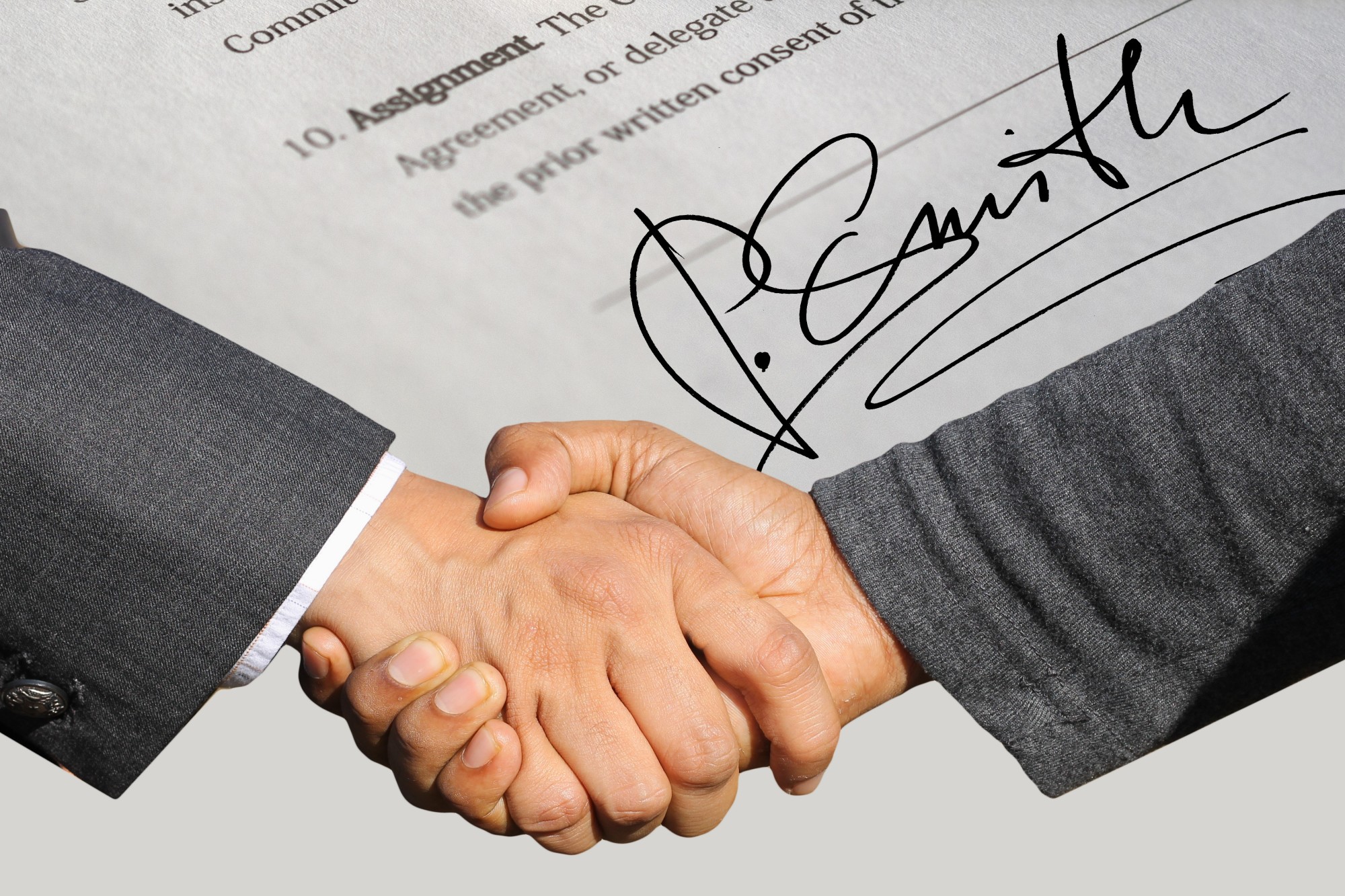No kidding? Is there ANY type of fraud that does not occur in here? Here is another good article published in The Miami Herald about fraud in the short sale process.
A recent report shows a new kind of mortgage fraud will likely grow as short sales become a part of the Florida real estate landscape.
BY KIMBERLY MILLER
PALM BEACH POST
A national financial consulting firm has warned that the real estate market is increasingly vulnerable to a new kind of mortgage fraud based on manipulating short sales.
According to a study released by the Santa Ana, Calif.-based company CoreLogic, short sale scams are likely to increase nationally as a new federal foreclosure prevention program to speed such transactions gathers steam and home values remain low.
The report, released last month, estimates fraud already occurs on 2 percent of all short sales nationally, costing banks as much as $310 million annually.
A short sale is when a bank agrees to accept a sales price on a home lower than what the owner owes on the loan, usually because the borrower cannot afford the payment and is headed for foreclosure.
RIPE FOR FRAUD While the types of short sale fraud outlined in the report vary, they generally depend on an agent submitting an artificially low bid from an investor to the bank. The bank unwittingly accepts the price, then the investor flips the property — sometimes the same day — selling it for the higher true resale value.
Florida is second only to California in the number of short sales nationally. In 2009, CoreLogic recorded 27,907 short sales in Florida, more than double the number in 2008.
And with 44 percent of South Florida single-family homes with mortgages underwater — slang for owing more on a loan than the home is worth — it’s likely short sales will be a big part of the local real estate landscape for some time to come.
“There are so many properties, the banks don’t know what they are really worth,” said Jupiter-area Realtor and short sale specialist Skip Yachanin, who is with Keller Williams Realty.
Yachanin said he hasn’t witnessed short sale fraud, but doesn’t doubt it’s happening.
“The Realtor gets a commission and doesn’t feel like they have a duty to the bank to get it the best price,” Yachanin said. “There is a lot of room for fraud.”
In April, the federal government’s Home Affordable Foreclosure Alternative program went into affect, offering monetary incentives to lenders and home owners to complete a short sale. Under the voluntary program, a successful short sale can net the borrower $3,000 for relocation expenses, while a servicer can get up to $1,500. A lender is eligible for up to $2,000.
The plan also requires the bank to agree on a set price for the short sale on the front end, and then respond to any offer within 10 days.
“As the government has pressured us to do short sales faster, we don’t have time to check them out,” said Anthony DiMarco, executive vice president for government affairs for the Florida Bankers Association. “The bad guys know how to defraud the system and will rush in to do it.”
BAD APPLES
Jared Dalto, a Realtor with Palm Beach Gardens-based Seawinds Realty, said he’s seen prices on short sales that were notably lower than those on neighboring properties, an indication that an artificially low bid was accepted. While the homes may have had damage that would justify a lower price, he said there is “shadiness out there.”
Dalto, who specializes in short sales, said one way to avoid fraud is for the bank to get a traditional appraisal instead of relying on a Broker Price Opinion, or BPO.
A BPO is conducted by a Realtor and typically costs hundreds of dollars less than an appraisal. The risk of a BPO exists if the Realtor purposefully undervalues the property so that someone can purchase it at the lower price and then flip it. “There are agents and brokers out there who do things the right way, and then, just like any profession, there are bad apples,” Dalto said.
Read more: http://www.miamiherald.com/2010/09/17/1828717/short-sales-leave-margin-for-fraud.html#ixzz0zlJKy4F3





